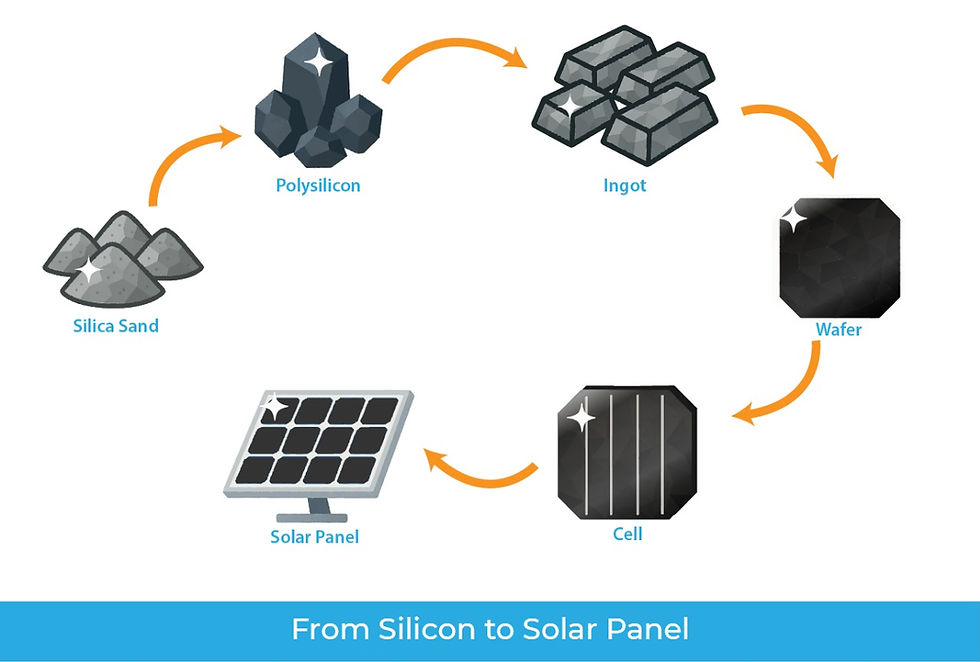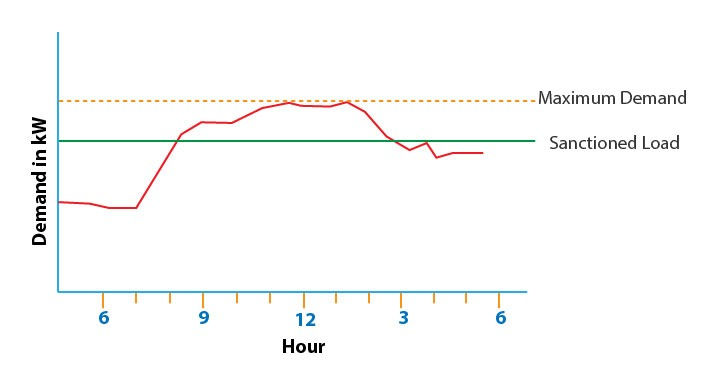Rooftop Solar PV Maintenance.
- Hyde Source

- May 20, 2020
- 3 min read
Updated: Aug 8, 2025

O&M is an integral part of the Rooftop Solar PV System. Ensuring that a plant is well maintained helps us extract the maximum benefit from a Solar Power Plant.
An optimally maintained plant helps -
1. Maximize its performance
2. Increases energy generation
3. Increase your return on investment
4. Extend the solar PV plants life
5. Reduces downtime
Debris, dust, bird droppings, or dirt can accumulate on the surface of the module and lead to 25% annual losses in the worst cases.
That is why it is essential to know how often or when to clean your solar panels.
Cleaning your solar panels can be as simple as using a soft brush with distilled water and dish soap.
Cleaning Schedule:
Weekly/Bi-Weekly
Inspect and clean the PV Modules from dust and other dirt like bird droppings as and when required.
Cleaning Tips:
1. Use a Soft Brush Or a Sponge
When cleaning solar panels, it is essential to use the right instruments. The glass is durable, but using abrasive materials can scratch the glass's surface, damaging the module and reducing its performance.
You can use a soft brush with a long extension to make the work more comfortable and safer from the terrace.
2. Avoid Using Water with High Mineral Content
Module manufacturers recommend the use of distilled water to clean solar panels. High Mineral content may leave deposits of particles over time, which is not recommended for the glass of modules.
Note: Ensure the water used is free from grit and physical contaminants that could damage the panel surface.
3. Do Not Use High Pressure
Using high-pressure water to clean the solar panels can force the water to enter the junction box or plugs that are not 100% sealed. As a general approach, it is recommended that the pressure stays below 30 bar at the nozzle when using a hose. It is also recommended that the water jet cleaning creates a sheet of water spray at the nozzle to reduce the pressure received by the glass.
4.Use Water with a Similar Temperature
Solar panel manufacturers do not recommend the use of cold or hot water to clean the panels. The reason behind this is that sudden and drastic differences in temperature could crack the glass's surface.
It is best to clean your solar panels using ambient temperature water during early mornings (6-7 am), when the modules' temperatures will be low after cooling down overnight and when the solar generation has not started.
5. Never Use an Abrasive Material to Clean the Solar Panels
Using laundry detergents designed for other purposes is not recommended because they can create moisture or de-lamination at the solar cell level, which will void the warranty of the panels and will inevitably damage them.
However, all that you truly need is a dishwashing soap and water to clean them.
Points to Remember
1. Perform cleaning in the early morning or late evening, to avoid thermal shock to the glass.
2. Use a wiper with a sponge or brush to clean modules.
3. Avoid using water with hardness over 200 ppm. The use of hard water for a long time will damage the modules by forming a coating.
4. Use clean water at minimal pressure of under 30 bar at the nozzle.
5. No Chemical abrasives should be used to clean modules.
Ready to go solar? We're here to help! Reach out to our experts today for a personalized discussion about your specific requirements. We'll craft the ideal solar system that perfectly fits your needs and budget.




